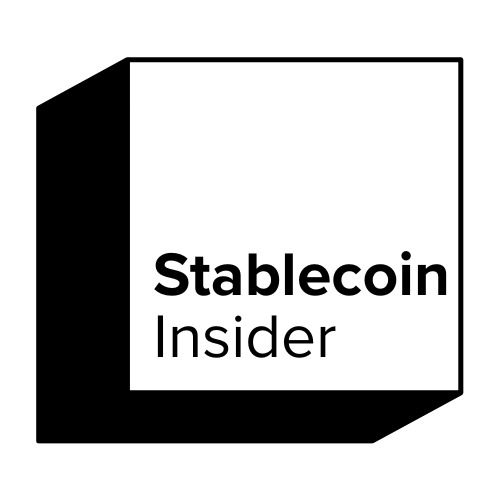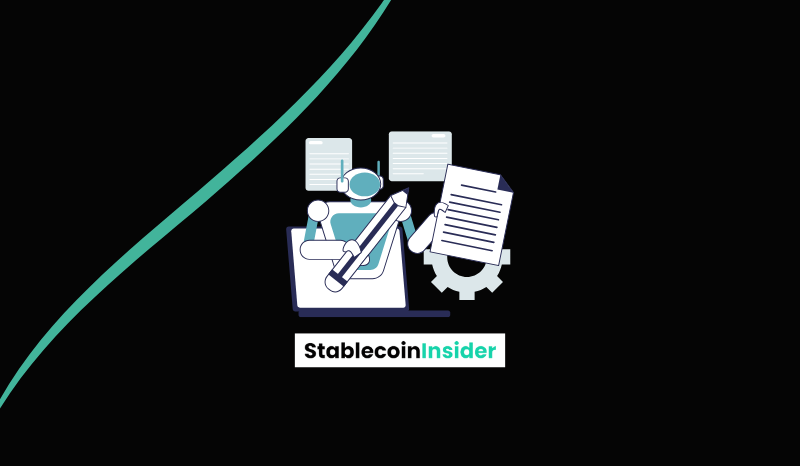In 2024, AI agents emerged as transformative tools within Decentralized Autonomous Organizations (DAOs), revolutionizing how these blockchain-based entities operate.
A report from Gartner stated that by the end of 2024, nearly 75% of decentralized governance initiatives will incorporate some form of AI-driven automation, highlighting the accelerating convergence of artificial intelligence and blockchain technology.
This integration signifies a pivotal shift in operational efficiency and decision-making capabilities.
The Growth of DAOs and AI Integration
The global AI agents market was valued at only $3.86 billion in 2023, with projections estimating a growth rate of 45.1% CAGR through 2030.
Meanwhile, the DAO ecosystem, valued at $13.2 billion in total treasury size in early 2024, grew by over 40% from the previous year.
According to DeepDAO, the number of active DAOs reached 5,200 by mid-2024, reflecting a 36% increasefrom 2023.
This unprecedented growth signals the transformative potential of AI-driven governance to redefine how DAOs function.
Equipped with natural language processing (NLP) and machine learning capabilities, AI agents are increasingly deployed for tasks such as automating governance proposals, streamlining voting processes and enhancing transparency in resource allocation.
Case Studies of AI in DAOs
For example, the AI16z DAO launched in late 2024 employed an AI agent called AI Marc to autonomously analyze investment opportunities in crypto startups.
This system reduced the inefficiencies of human-driven decision-making by over 60%, as reported by Decrypt.
Similarly, DAOs like MakerDAO are experimenting with predictive AI tools to forecast market volatility, allowing their governance systems to respond dynamically to shifts in liquidity and risk parameters.
A study by Statista indicated that 52% of DAOs using AI tools in 2024 reported improved financial outcomes within six months of implementation.
These examples highlight how AI is optimizing resource management and decision-making within DAOs.
Improved Participation Through AI
A study by Chainalysis in mid-2024 revealed that 40% of DAO contributors felt that AI integration significantly improved their organization’s ability to handle complex governance issues.
AI-powered DAOs use sentiment analysis and behavioral data to predict voter preferences, enhancing participation rates by an average of 35% according to the 2024 Bankless State of DAOs report.
Additionally, these systems automate routine administrative tasks, freeing human contributors to focus on high-level strategy and innovation.
A survey by Deloitte found that AI-enabled multilingual support increased member engagement in DAOs by 42% in non-English speaking regions.
Challenges of Integrating AI Agents for DAOs
Despite the advantages, integrating AI agents into DAOs poses unique challenges.
Transparency is a primary concern, as AI systems often function as black boxes, making it difficult for members to audit decisions effectively.
A report from the World Economic Forum (WEF) indicated that 68% of respondents viewed algorithmic transparency as a critical factor in ensuring the legitimacy of AI-driven systems within DAOs.
Furthermore, a PwC report in 2024 highlighted that 58% of DAO contributors expressed concerns about the potential bias in AI algorithms.
To address these concerns, organizations are exploring solutions such as decentralized AI governance frameworks and open-source algorithms.
Applications Beyond Governance
The use of AI in decentralized ecosystems is not limited to governance.
AI agents are enabling more efficient allocation of treasury funds, with tools like Autonomous Proposal Executors (APEs) ensuring funds and proposals are distributed based on predefined conditions without the need for manual intervention.
According to The Block, DAOs using these tools reported up to a 50% reduction in operational costs.
Platforms like DAOHaus have started using AI tools for user onboarding, using AI chatbots to improve user experience and accessibility.
Similarly, decentralized finance protocols that operate within DAOs are using AI to optimize yield farming strategies, identify fraudulent transactions and improve market efficiency.
A report from DeFi Pulse in 2024 found that 63% of DeFi protocols within DAOs utilizing AI saw a 20% increase in returns compared to those without AI integration.
Ethical and Regulatory Considerations
Ethical considerations also play a significant role in the discussion surrounding AI agents for DAOs.
A survey conducted by the OpenAI Ethics Consortium in 2024 found that 59% of respondents were concerned about the potential centralization of decision-making power in AI-driven systems, which could undermine the core principles of decentralization.
These findings underscore the importance of balancing AI efficiency with the democratic ethos of DAOs.
Regulatory scrutiny has also intensified.
In 2024, the U.S. Securities and Exchange Commission (SEC) issued guidelines on how AI-driven governance mechanisms in DAOs should ensure compliance with securities laws.
Similarly, the European Blockchain Observatory emphasized the need for ethical AI standards, with 71% of its respondents advocating for clear regulatory frameworks to protect DAO members.
Enhanced Data Privacy with AI in DAOs
One of the emerging applications of AI in DAOs is enhancing data privacy through advanced cryptographic techniques.
In 2024, a report from MIT Technology Review revealed that 47% of AI-powered DAOs implemented differential privacy algorithms to protect sensitive member data.
These systems ensure that individual information remains secure while enabling aggregate data analysis for governance purposes.
Furthermore, AI-driven encryption methods, such as homomorphic encryption, allow DAOs to process member inputs without exposing underlying data, increasing trust among participants.
A study by the Crypto Privacy Alliance indicated that privacy-focused DAOs experienced a 32% higher member retention rate in 2024 due to enhanced data protection measures.
Experts believe that incorporating privacy-centric AI tools could become a standard for DAOs seeking to attract and retain members while ensuring compliance with global data protection regulations like GDPR.
Future Prospects
The rapid adoption of AI agents for DAOs has also prompted innovative solutions for improving global collaboration.
AI agents have been instrumental in multilingual support, with over 60% of DAOs now supporting governance in multiple languages through AI-based translation tools.
These systems facilitate broader participation in decentralized governance, especially in regions where blockchain adoption is growing rapidly, such as Southeast Asia and Africa.
By 2030, experts predict that AI-driven DAOs will account for nearly 25% of all blockchain-based organizations, signifying their transformative impact on the broader decentralized ecosystem.
Related Article: Best AI Agents for Crypto
Conclusion
AI agents are revolutionizing DAOs by enhancing efficiency, transparency and decision-making capabilities.
With significant advancements reported in 2024, the synergy between artificial intelligence and decentralized governance continues to deepen.
While challenges like transparency and ethical concerns remain, innovative solutions are paving the way for sustainable integration.
As AI-driven DAOs improve, they hold the potential to transform industries such as DeFi, igaming and supply chain management, unlocking unprecedented possibilities for decentralized ecosystems.
FAQ
What are AI agents in the context of DAOs?
AI agents are intelligent software systems that automate and optimize various processes within Decentralized Autonomous Organizations (DAOs).
They perform tasks like governance proposal automation, resource allocation and decision-making analysis using natural language processing (NLP) and machine learning capabilities.
How widely are AI agents adopted in DAOs as of 2024?
According to Gartner, nearly 75% of decentralized governance initiatives incorporated AI-driven automation by the end of 2024.
This demonstrates a significant increase in the adoption of AI technologies in the DAO ecosystem.
What are the main benefits of using AI in DAOs?
AI agents enhance operational efficiency, improve decision-making through data analysis and increase member participation via tools like sentiment analysis and multilingual support.
Studies show that DAOs using AI reported up to a 50% reduction in operational costs and a 35% boost in voter participation.
What challenges do DAOs face when integrating AI agents?
Challenges include algorithmic transparency, potential biases and ethical concerns about decision-making centralization.
Reports from the World Economic Forum and PwC emphasize the need for decentralized AI frameworks and regulatory standards to address these issues.
How does AI impact the future of DAOs?
Experts predict that by 2030, AI-driven DAOs will account for 25% of all blockchain-based organizations.
AI integration is expected to expand beyond governance, influencing industries like decentralized finance (DeFi), igaming and supply chain management.

